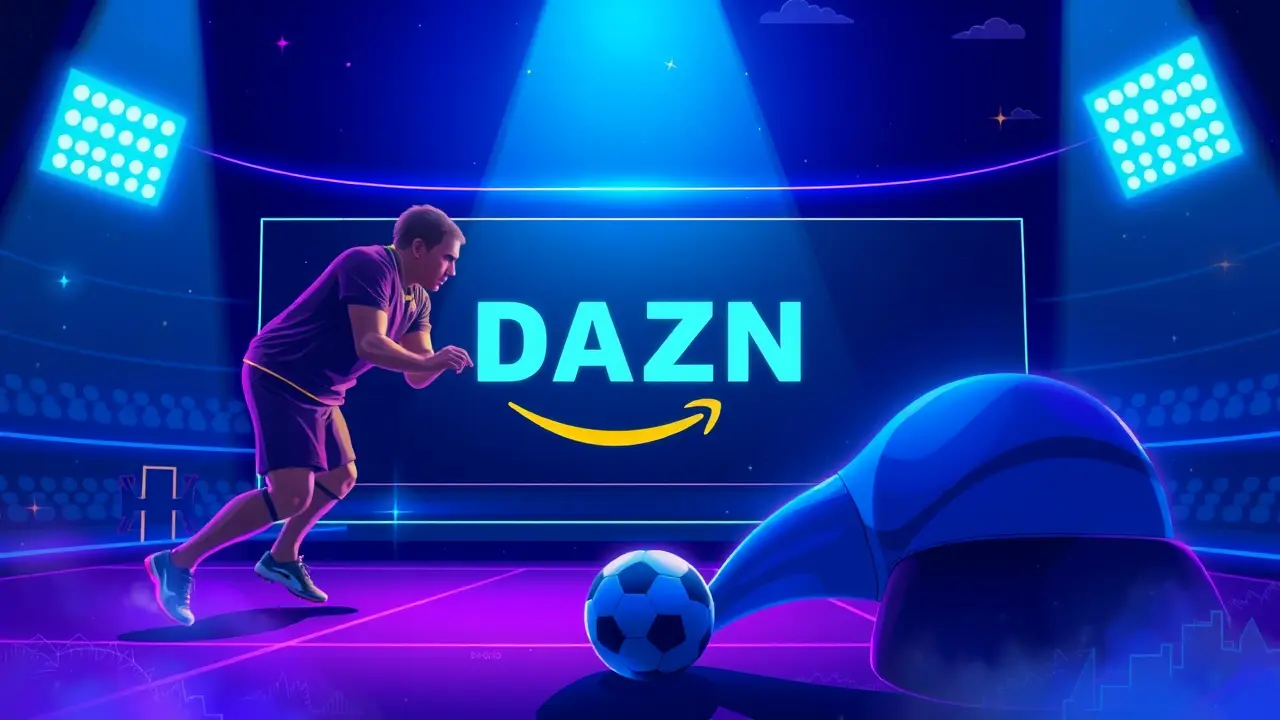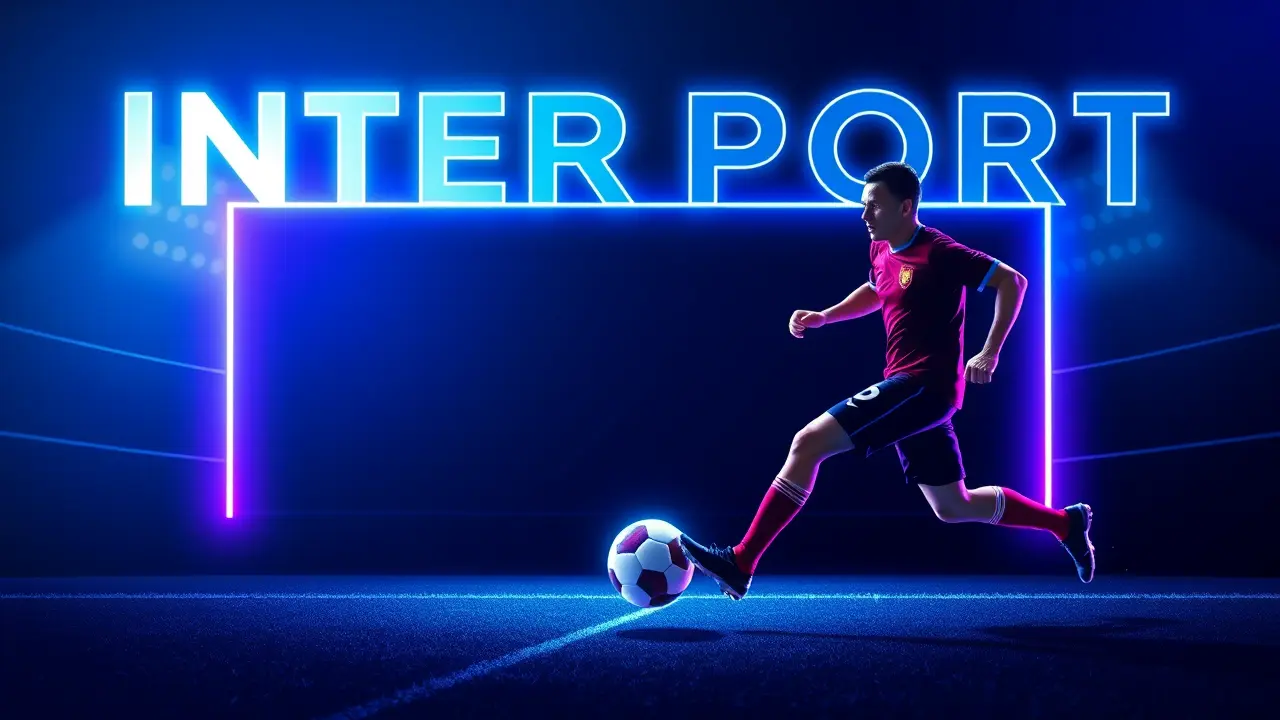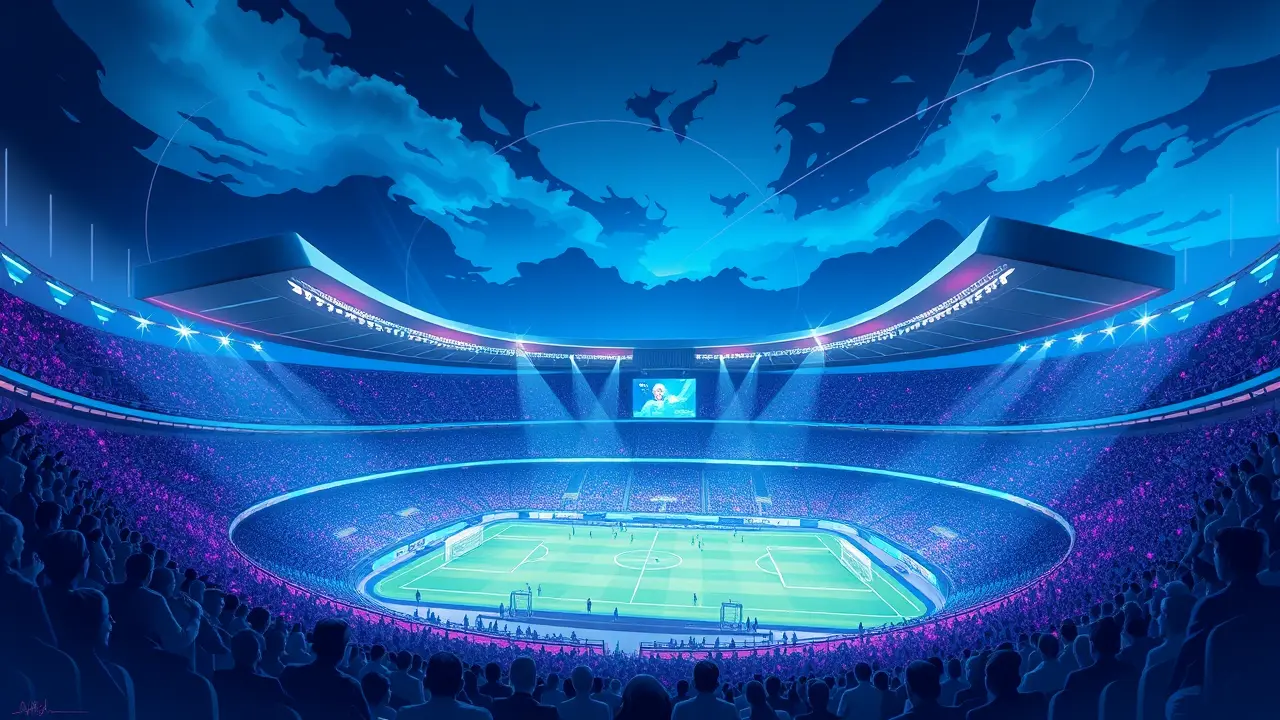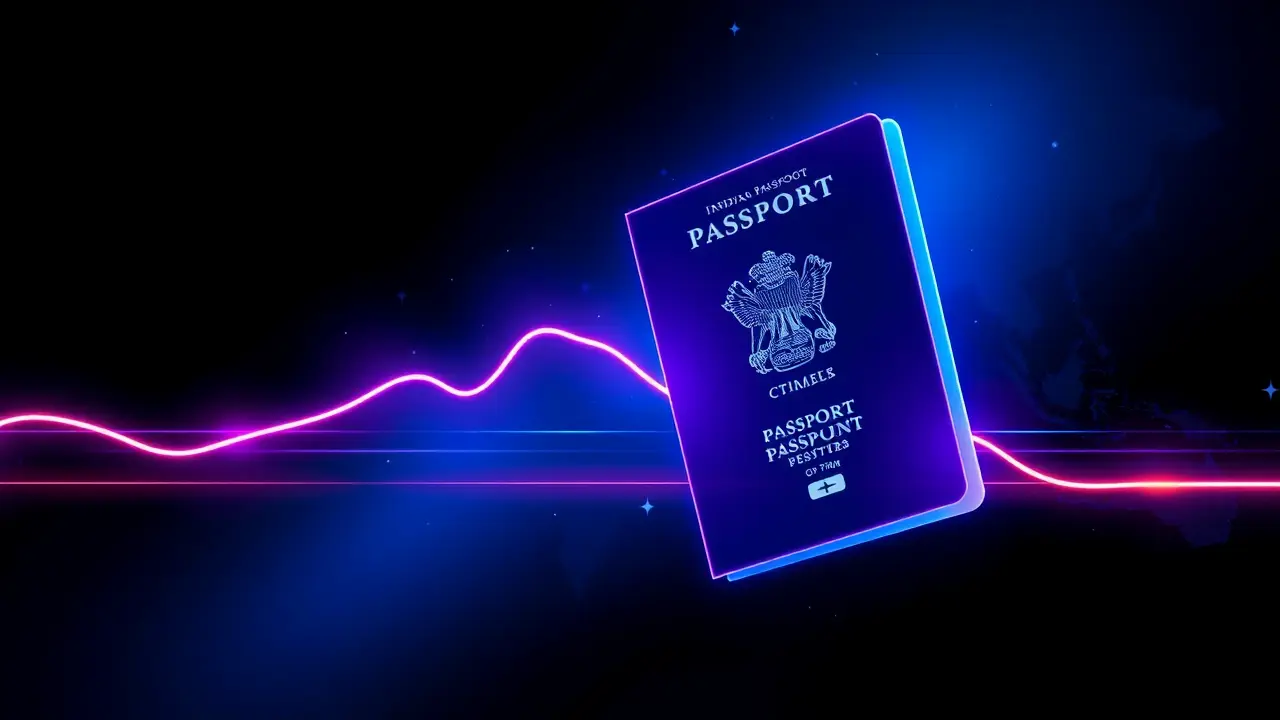
SporttennisGrand Slam
Promoting Hong Kong Through Community Golf Events
JA
Jack Turner
1 week ago7 min read
The Link Hong Kong Open is teeing up something far more significant than just another golf tournament—it's executing a masterclass in community engagement that would make even the most seasoned sports marketers take notes. As a proud partner, Link is leveraging its sprawling community reach, which spans nearly every district in Hong Kong, to democratize a sport often perceived as exclusive, all while positioning the city as a dynamic hub for international mega events.Think of it as the sporting equivalent of Barcelona’s La Masia academy developing local talent while building global prestige—only here, the pitch is replaced by fairways and the players are everyday citizens. In early October, Link launched the Tour de Link Golf Challenge across its malls, and the response was nothing short of electrifying: in just over a week, the event attracted thousands of participants, from curious beginners to seasoned enthusiasts, all vying for a chance to experience the thrill of the game without the intimidating barriers of private club memberships or prohibitive costs.This isn't just about driving retail footfall; it's a strategic play to embed golf into the city's cultural fabric, much like how football is woven into the identity of cities like Manchester or Milan. The numbers tell part of the story—imagine the analytics behind a week-long surge in participation, comparable to a sudden spike in ticket sales for a Clásico match—but the real victory lies in the intangibles: the wide-eyed wonder of a child gripping a club for the first time, the camaraderie among strangers bonding over a shared putt, and the subtle shift in perception as golf sheds its elitist skin.Hong Kong, with its dense urban landscape, might seem an unlikely candidate for a golf renaissance, but that's precisely what makes this initiative so compelling. It’s a testament to the city's ability to adapt and innovate, turning constrained spaces into vibrant community arenas.The broader context here is crucial: post-pandemic, cities worldwide are grappling with how to revitalize public life and attract global attention, and Hong Kong is answering with a blend of sport and spectacle that could set a new benchmark. Historically, golf has been a bellwether for economic and social trends—remember how Tiger Woods' rise in the late '90s sparked a global surge in interest?—and what we're witnessing now is a localized version of that phenomenon, tailored to foster inclusivity.Expert commentary from sports sociologists might highlight how such events can reduce social stratification, while urban planners could point to the clever use of mixed-use spaces as a model for other metropolises. The possible consequences are multifaceted: on one hand, increased accessibility could nurture a new generation of homegrown talent, potentially producing Hong Kong's own version of a sporting legend; on the other, it strengthens the city's bid to host more international events, from PGA Tour stops to Ryder Cup-style competitions, which would inject millions into the local economy.Analytically, this mirrors the 'if you build it, they will come' philosophy, but with a twist—it's about building community first, then letting the sport follow. As someone who’s crunched the stats on everything from possession percentages in football to player efficiency ratings in basketball, I see the Tour de Link not just as an event, but as a data point in Hong Kong's broader narrative of resilience and reinvention. The passion on display is palpable, akin to the energy in Camp Nou on match day, and it’s a reminder that sports, at their core, are about connection—whether you're swinging for the green or cheering from the sidelines.
#Link Hong Kong Open
#community sports
#golf event
#Tour de Link
#featured
#Hong Kong
#international events
#sports accessibility
Stay Informed. Act Smarter.
Get weekly highlights, major headlines, and expert insights — then put your knowledge to work in our live prediction markets.
Related News
© 2025 Outpoll Service LTD. All rights reserved.














